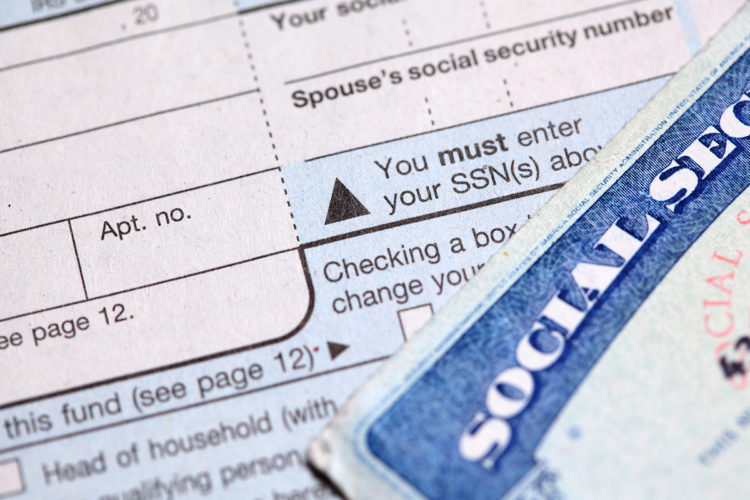IRS Expands Program to Protect Taxpayers’ Identity

Effective as of January 2021, the IRS is allowing you to voluntary opt-in to its Identity Protection PIN (“IP PIN”) program to protect your identity when you file a tax return.
The IP PIN program creates a six-digit number known only to you and the IRS and is used by the IRS to verify your identity when you file an electronic or paper tax return. It’s meant to help taxpayers prevent their Social Security numbers from being used to file fraudulent federal income tax returns.
You can obtain an IP PIN three ways:
- Use the online “Get an IP PIN” tool and verify your identity.
- If unable to verify your identity, complete and file Form 15227, which will be available for taxpayers with an annual adjusted gross income (AGI) of $72,000 or less.
- Taxpayers who cannot verify their identity or that they have an AGI of more than $72,000 may be able to make an appointment to visit a Taxpayer Assistance Center. Locate a Center near you.
Per the IRS, prior to applying for an IP PIN, you should be aware of the following:
- The Get an IP PIN tool became available in mid-January.
- Taxpayers with either a Social Security number or Individual Taxpayer Identification Number who can verify their identity are eligible for the program.
- Any primary or secondary taxpayer or dependent can get an IP PIN, if they can prove their identity.
- This is the preferred method of obtaining an IP PIN and the only one that immediately reveals the PIN to taxpayers.
- Taxpayers who voluntarily opt-in to the IP PIN program do not need to file a Form 14039, Identity Theft Affidavit.
- The number is valid for one year. Each January, taxpayers must get a new one.
- The IP PIN must be entered correctly on electronic and paper tax returns to avoid rejections and delays.
- If you register for an IP PIN, retain it and provide it to your tax provider with your tax documents.
- The IRS plans to offer an opt-out feature to the IP PIN program in 2022.
IRS Form to File for ID Theft
There will be no change to the procedures involved in the event a taxpayer has a tax-related identity theft. For example, those who are not able to electronically file a tax return because a tax return was previously fraudulently filed under their Social Security number should still complete and file a Form 14039, Identity Theft Affidavit.
Work With Your Tax Professional and Wealth Advisor
At Mariner, our tax team and wealth advisors are in-house, so if you have questions about this program, contact either professional to help ensure your Social Security number is protected when you file a tax return.
Source:
“Get an Identity Protection PIN (IP PIN),” irs.gov.
Additional fees may apply for tax planning and preparation services.
This article is limited to the dissemination of general information pertaining to Mariner Wealth Advisors’ investment advisory services and general economic market conditions. The views expressed are for commentary purposes only and do not take into account any individual personal, financial, or tax considerations. As such, the information contained herein is not intended to be personal legal, investment or tax advice or a solicitation to buy or sell any security or engage in a particular investment strategy. Nothing herein should be relied upon as such, and there is no guarantee that any claims made will come to pass. Any opinions and forecasts contained herein are based on information and sources of information deemed to be reliable, but Mariner Wealth Advisors does not warrant the accuracy of the information that this opinion and forecast is based upon. You should note that the materials are provided “as is” without any express or implied warranties. Opinions expressed are subject to change without notice and are not intended as investment advice or to predict future performance. Past performance does not guarantee future results. Consult your financial professional before making any investment decision.
Mariner is the marketing name for the financial services businesses of Mariner Wealth Advisors, LLC and its subsidiaries. Investment advisory services are provided through the brands Mariner Wealth, Mariner Independent, Mariner Institutional, Mariner Ultra, and Mariner Workplace, each of which is a business name of the registered investment advisory entities of Mariner. For additional information about each of the registered investment advisory entities of Mariner, including fees and services, please contact Mariner or refer to each entity’s Form ADV Part 2A, which is available on the Investment Adviser Public Disclosure website. Registration of an investment adviser does not imply a certain level of skill or training.
